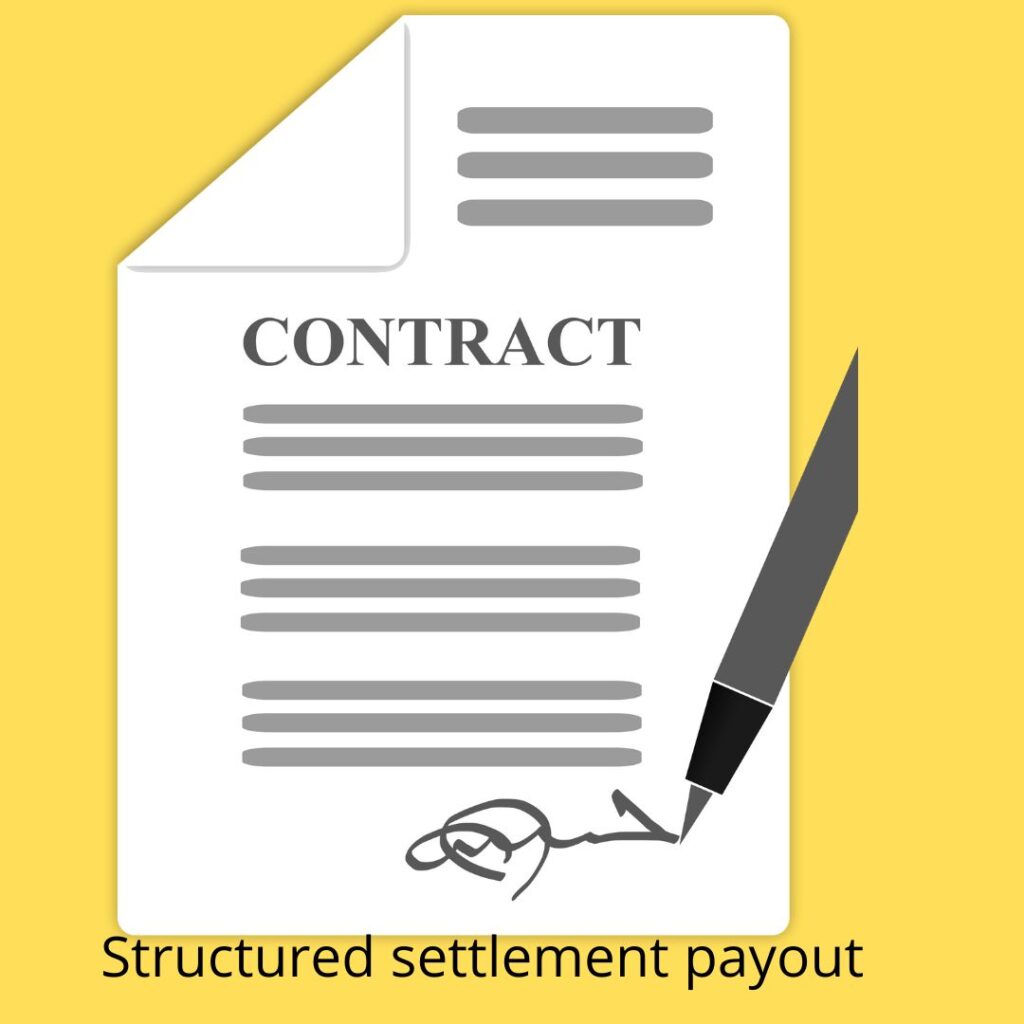In my articles, I wrote about the difference between cash and check structured settlement payout. If you need to get more details on structured settlements, see this article for further information. You can also read those articles for general structured settlement advice to help pay your taxes or settle a tax debt.
What is an “off-the-shelf” structured settlement payout?
I’ve often heard that someone needs to have their money held over until they get paid what they owe. Structured settlement payout The only way to know if this is the case is if you pay with an “off-the-shelf” structured settlement. These are like prepaid debit card payments (you buy things through them and then pay) made by companies for everything you buy during a specific period. A company will send out these cards as collateral to protect itself against late payment. It is an expensive settlement, and you may want to negotiate the cost ahead.
Sometimes, structured settlement payout people pay upfront with no choice but to pay in full. There are exceptions for federal employees, including teachers, public transit workers, firefighters, police officers, public safety personnel, and others who are not on a government payroll and cannot get money held over until they do. The reason is that those types of payments aren’t very liquid, and there may be questions regarding the type and amount of the payments needed to cover your account in full.

Structured settlement payout I would note such settlements for months or even years before making the final payment if you have a compromise. However, I’ve been able to advise clients who could meet their requirements for the entire contract (see more in our blog post here) and had them get a partial payment back. This kind of settlement is called an off-the-shelf-settlement.
How does it work?
It is complicated — you pay with most of the money over time, but some of it goes into an interest-bearing bank account. Can use that money to provide for expenses, personal items, etc. That is the crucial part. You should spend your money as quickly as possible when you get it. Even after playing with all the money, try to wait at least 72 hours before giving any money back. Most banks offer prepaid debit cards or checkbooks that can hold over a week’s worth of funds without wasting money and time.
Read also : 5 best IT help desk software
Structured settlement payout If you are facing a large lump sum of money, I would not recommend just using one bank account for your money — consider multiple accounts. For example, you could take on a two-account structure with each account holding $500 for yourself and taking $200 out with each performance. That’s because you know exactly how much you must pay in total, and you don’t know when it will start to grow, and it is easier to track than a single account. Some banks also support debit card structures so you can transfer money between different funds at any time and keep your money safe.
When you receive your money
When you get your money, it is how you handle the payment risk. If you have had anything like this happen, I would probably do what you did — get your money from wherever it came from and enjoy whatever you buy.
The truth is we don’t always get this right, which can lead to a nasty situation. In the United States in the ’20s, ’30s, and ’40s, we kept the rich people of America happy while sparing the poor folks of America. In today’s terms, this is hard — rich people live more prosperous lives, and poor people are in poverty. But most Americans don’t realize how they got into this situation.
Structured settlement payout It is easy to blame the government, the system that created poor people, the media, the technology, etc. All of it is true, but you see where I am going with this. As long as it is this way, the next generation will never see their families — or the children of future generations. So maybe don’t blame anybody — visit your experience and think through the options instead! At least then, you’ll find it in the real world.
Structured Settlements and Taxes
A settlement is an agreement in which two or more parties settle their legal claims in a court of law, often an administrative agency or administrative tribunal—the term “settlement” describes how people resolve their tax disputes.
Structured settlement payout for your tax dispute?
When it comes to obtaining a negotiated settlement for tax matters either before the courts or in arbitration, there are certain things that you will need to know to ensure a successful outcome successfully. First and foremost, you do not want to be rushed into entering such a settlement or deal, as this will likely hamper your chances of success.
Settlement With Taxation
Structured settlement payout Minimum notice, and if that’s not the case, you must file a claim by May 31 or even after the due date. In other words, though both parties are in the same tax jurisdiction (usually England) and by similar rules, they have different timelines to act upon the settlement, so you will most likely have to wait longer once the issue becomes binding. Therefore, the earlier the payment happens, the better for you.
The financial burden of doing nothing is a powerful incentive to take advantage of the situation and pursue a quick settlement. It is precisely what some people and companies do. In my experience, I could settle for less than 1% of the amount claimed initially. Structured settlement payout It could be because I was too focused on getting the maximum possible payout, didn’t think it would be worth the effort, and didn’t want to spend months appealing the decision. If you need extra cash to handle a more significant tax payment, you should look for something else – such as collecting a lump sum from another party or paying off debt.
Settlement For Any Other Dispute
Structured settlement payout If a dispute arises with the settling party, you will have to file an objection to the settlement on the point of law basis in the instance you lost. When settling the dispute, the reason for the appeal is usually a lack of agreement or difference between the parties. Structured settlement payout prevent this, the parties must ensure the settlement is fair and equitable in every way, which is where the objective of “fairness” will come into play. There are several cases where the court of appeal overturned a settlement made in court and forced a new hearing. You must understand how this applies to your tax case to ensure a favorable outcome.
You’ll want to decide whether to continue pursuing the matter and go through the whole process again or move on to the next stage of the dispute resolution mechanism – arbitration. If you decide that the final result you want will only delay the resolution, it might be worth looking for a completely different settlement process.


